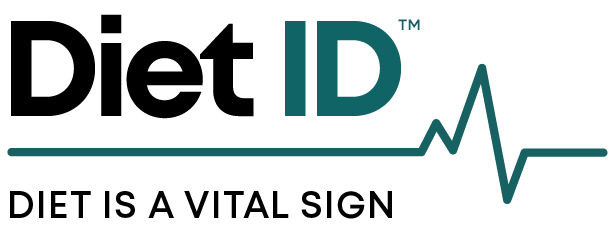Starting today, Diet ID now supports some of the most important health conditions affecting millions — Chronic Kidney Disease, Menopause, and PCOS.
Why CKD?
Chronic Kidney Disease affects 37 million people, and poses a huge cost burden — Medicare spending for all beneficiaries who had CKD exceeded $120 billion in 2017. Managing severe CKD requires careful oversight of specific nutrient intake. But there is a growing population of those who are at-risk or suffer from early stages of CKD, and therefore, can benefit from proper maintenance of healthy eating habits in an effort to curtail the progression of disease. We all likely know someone who suffers from CKD, and the severe cases can hugely impact quality of life. We’re looking forward to supporting our partners and their populations in their quest to maintain healthy kidneys and improved quality of life.
What nutrition changes support kidney health?
Foods that are higher in fiber and antioxidants
Foods that are moderate in potassium, protein, and phosphorus
Foods that are lower in added sugar, sodium, saturated fat, and cholesterol
A typical breakfast could be: whole grain oatmeal with mixed berries and nuts.
A typical lunch could be: a garden salad with chicken or tofu.
A typical dinner could be: whole grain pasta with assorted beans and vegetables.
Typical snacks could be: plain yogurt with fresh fruit, or hummus with raw vegetables and whole grain crackers.
Diet ID now offers 4 different goal diets that are purpose-built to support kidney health.
Why Menopause?
Currently 50M women are navigating the effects of menopause, with up to 80% experiencing symptoms that negatively impact their quality of life and productivity. Even though dietary strategies may help manage these symptoms, most healthcare providers have limited training in nutrition, some none at all for nutrition during menopause. To support the often stigmatized and underserved community of women navigating menopause and peri-menopause (who happen to be our colleagues, family members, former patients, and friends) we have developed several goal dietary patterns that generate personalized nutrition plans for those who want to control their menopause symptoms.
What nutrition changes help alleviate menopause symptoms?
Foods that are high in fiber, calcium, complex carbohydrates, and omega-3 fats
Foods that are low in saturated fats, sodium, and added sugar
Regular intake of soy foods
A typical breakfast could be: plain yogurt with fruit and nuts
A typical lunch could be: a whole grain wrap with grilled tofu and veggies
A typical dinner could be: baked or broiled fish with sautéed broccoli and brown rice
Typical snacks could be: air-popped popcorn, edamame dip with whole grain crackers, or an apple with peanut butter.
Diet ID now offers 3 different goal diets that are purpose-built to help manage menopause symptoms.
Why PCOS?
Polycystic ovary syndrome, or PCOS, is a condition whereby the ovaries produce an abnormally high amount of male sex hormones (cysts may or may not be present). It affects 6% to 12% of US women of reproductive age. People with PCOS are generally at greater risk of obesity as well as chronic diseases such as diabetes and cardiovascular disease.
PCOS is tied to metabolic complications such as insulin resistance and inflammation. As such, diet and other lifestyle factors can have a significant impact. Most healthcare providers have limited training in nutrition, some none at all for nutrition for PCOS. To help those with PCOS take control of their health, we have developed several goal dietary patterns that generate personalized nutrition plans for those who want to control their symptoms and decrease risk of chronic disease.
What nutrition changes help manage PCOS?
Foods that are high in fiber, calcium, complex carbohydrates, and omega-3 fats
Foods that are low in refined starch (like white flour), saturated fats, sodium, and added sugar
Management of portions
A typical breakfast could be: overnight oats with blueberries or apples
A typical lunch could be: Mediterranean tuna sandwich on whole grain bread with lettuce and tomato
A typical dinner could be: Bean and vegetable chili with whole grain cornbread
Typical snacks could be: bean dip with raw veggies, homemade trail mix, or a banana with nut butter.
Diet ID now offers 3 different goal diets that are purpose-built to help manage PCOS symptoms.



